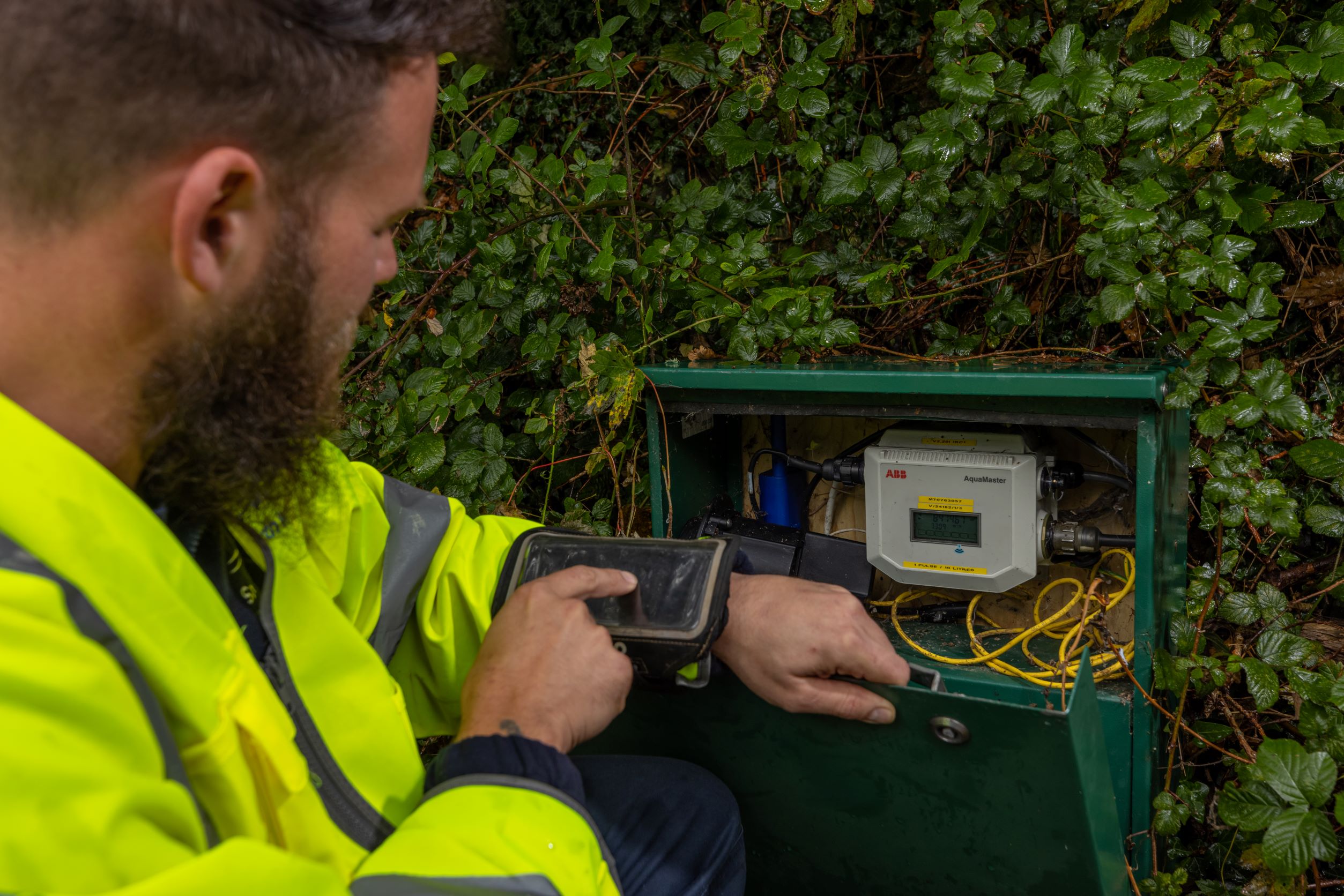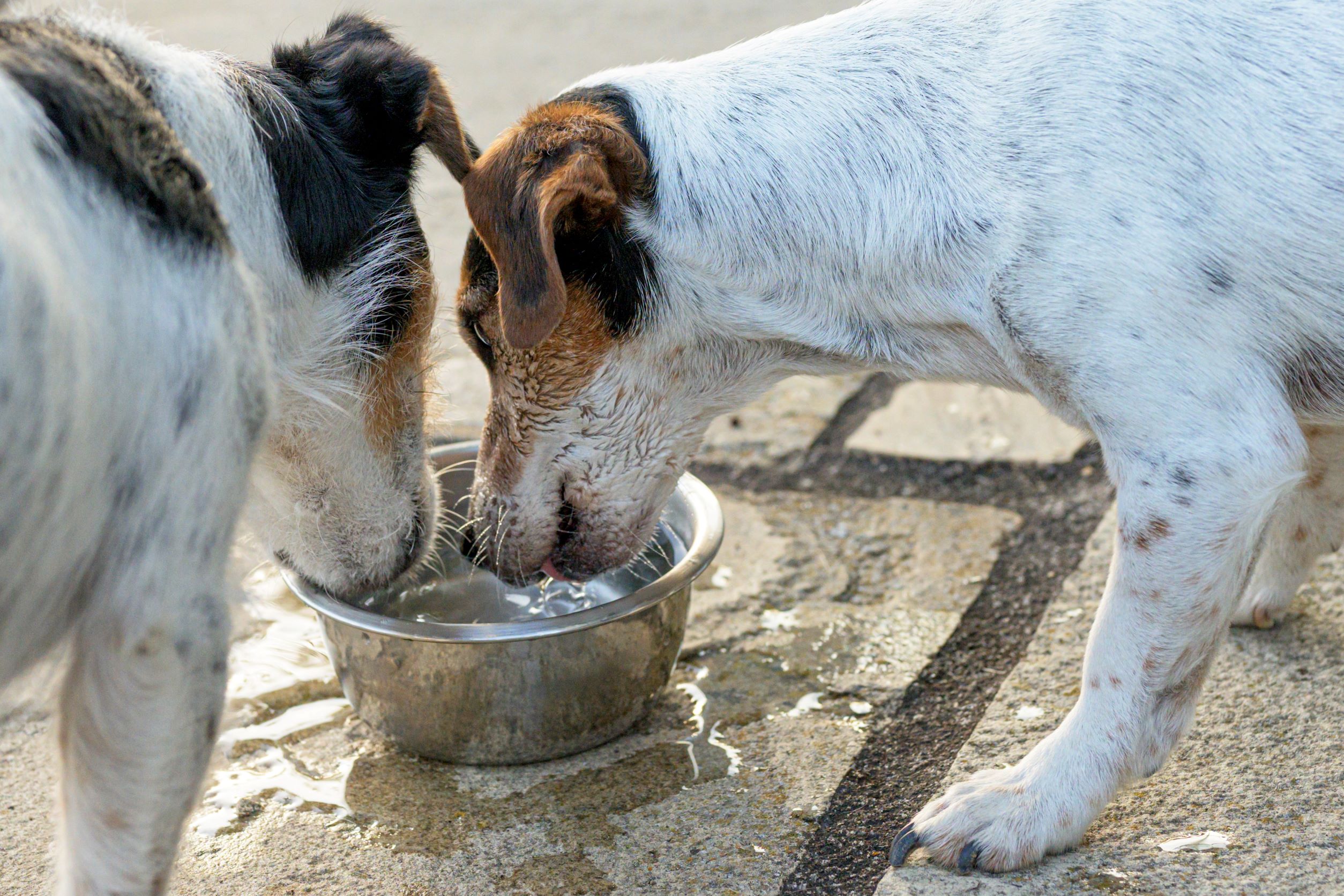“It’s not what you’ve got, it’s how you use it”
24th June 2022

Our job is to make sure that everyone in the South West has water, 24/7, 365 days a year whilst keeping the environment healthy. To do this, we not only need to know how much water we have available, but also where it’s likely to be needed, now and in the future.
Understanding this data and being able to put it together to inform decisions is down to our data analysts, like our brilliant Amy who can tell us more about it.
“Most of our data comes from water meters and loggers that we have in different areas across the region. There’s some at all our 38 water treatment works and our 21 reservoirs. We also use the data from customer water meters.”
|
Some of those loggers are sending us data every 5-15 minutes! There’s currently over 2,600 loggers that feed data back to Amy, and there’s many more across our network. The ones on our treatment works measure how much water we’re sending into the network, whereas domestic water meters measure every litre being taken out of the network.” The readings help Amy calculate how much water is being used so that we can keep producing enough drinking water for everyone. Did you know that the average person in the UK uses around 150L per day? “One of my favourite jobs is the coding that helps grab data and present it in a way that makes sense. |
 |
"It’s like asking a lot of questions and seeing what the data shows you. That’s why it’s so fun, you kind of know what you want and need to find out, but you don’t know what you’re actually going to find out.
“Of course, we all know that times of year affect the demand across the whole region,” Amy continues. “Summer - with more people filling paddling pools, swimming pools, or power-washing their driveways and patios – obviously sends the demand up.”
This year, in the South West, there’s already been a rise in demand at peak times of approximately 50 million litres!
“This job has definitely made me more conscious of my own water use. This year there’s been a significant lack of rain over winter, which means that our rivers are running lower than normal. I did an ecology degree and learned a lot about how human demand on natural resources affects the environment. Less water being used, for example, means less abstraction has to happen, more water is left in the environment and so there’s much less impact on wildlife. That’s particularly important to think about now.
 |
“That’s when I decided to start doing small things, like watering the plants with water my pets leave in their bowls. It might seem tiny amounts of water in the moment, but when I think I’ve been doing it every day for years, then it really adds up. I also use my hot water bottle water to water my houseplants and, as soon as I could, I got a water butt. Saving water means that the same amount of water supplied can serve more people. “I think that’s what we’ve all got to understand, it’s the little things adding up that will change the bigger picture. It’s definitely something that’s very clear to see in the data I’m analysing every day. And it’s especially important going into Summer 2022!” |
For further information please contact:
Join in our 5-litre challenge this year, and share with us what you're doing to save water. We are always amazed by the ingenious ways you are able to save a litre here and there - in little and big ways!
To help you along, why not check out our free water-saving goodies here.
